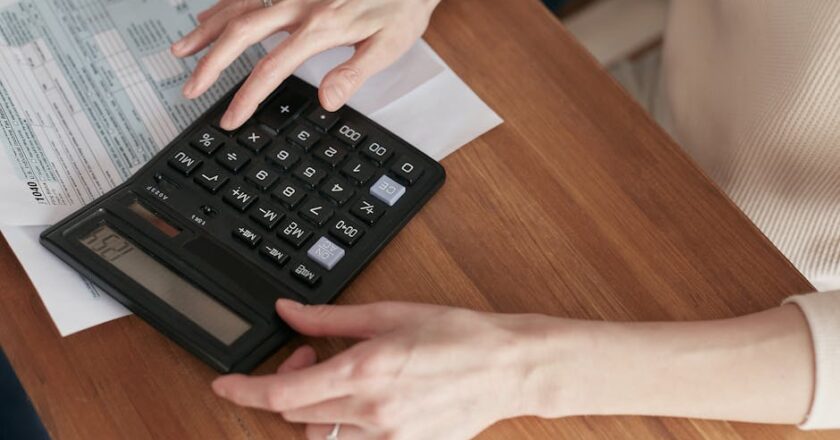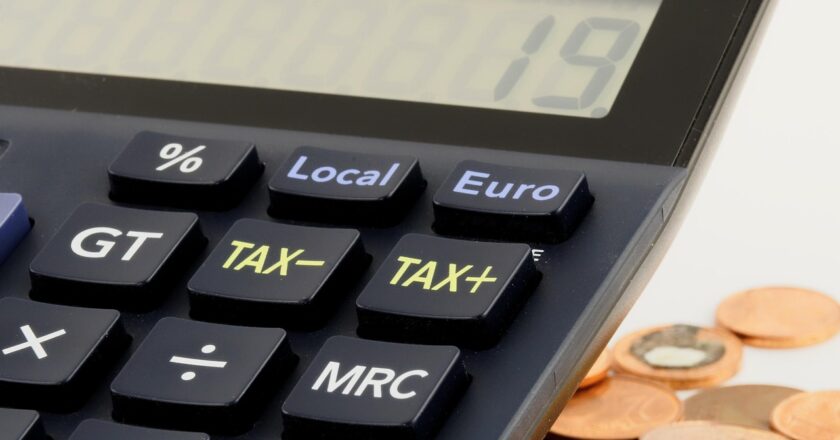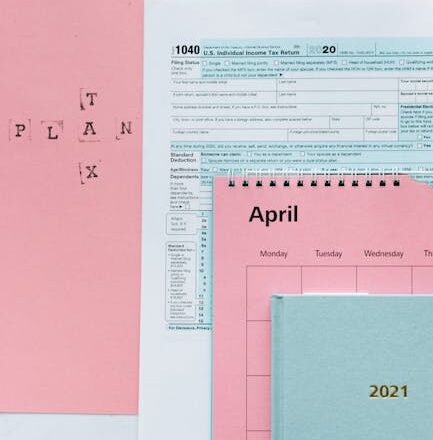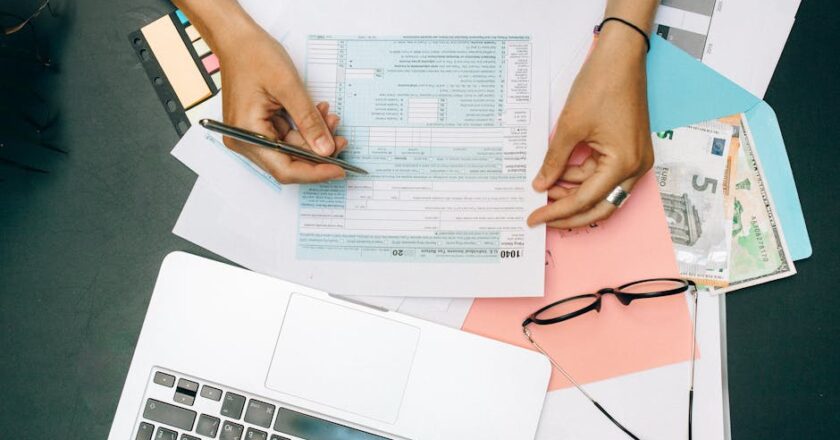The Debt Cycle: How One Unpaid Bill Can Snowball Your Entire Finances
The world of personal finance can be overwhelming, especially for those who struggle with managing their debt. It's not uncommon to find oneself in a situation where one unpaid bill leads to another, creating a snowball effect that threatens to engulf one's entire financial stability. This cycle of debt can be a vicious trap, leaving individuals feeling anxious, stressed, and uncertain about how to escape.
Think back to the last time you missed a payment on a credit card or loan. Did you receive a flurry of notifications from the lender, each one demanding immediate attention? Perhaps the collection agency got involved, sending letters and making phone calls to try and get their money back. The pressure can be intense, leaving you feeling like you're drowning in debt.
But what if tha...









